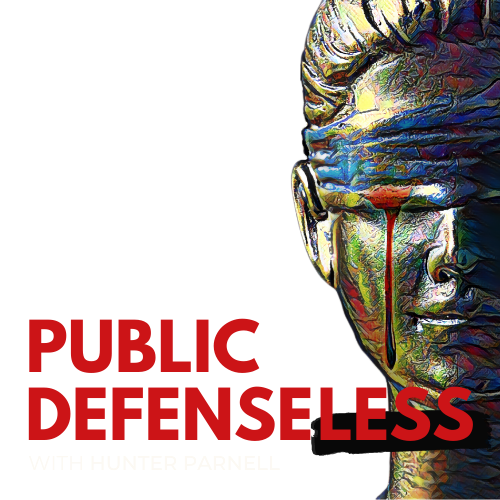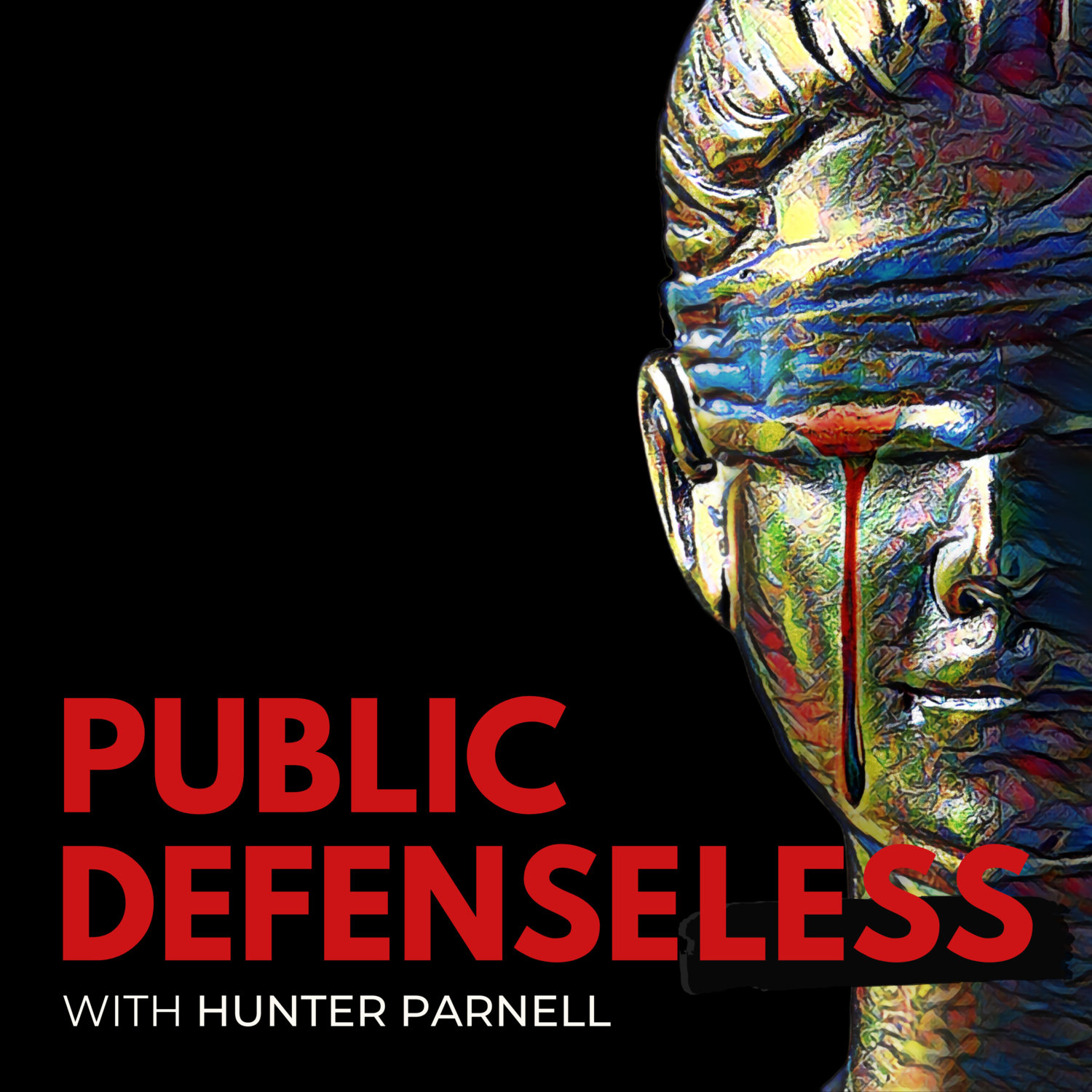How Moral Injury, Stress, and Trauma Impact Public Defense w/Jenny Andrews
Jenny Andrews is the Director of Training for California’s Indigent Defense Improvement Division. She’s here today to teach you what public defense is truly like from the defender’s side.
Public defenders are often trapped between a rock and a hard place because they want to provide equal representation access, yet are expected to work too many hours for not enough pay. Because of this, “martyr complex” is prevalent in this field.
You’ll learn that public defense is an area of service, but that this often comes at the expense of the defender’s mental health. Jenny will walk you through how she’s helping implement self-care practices into nation wide and why self-care is vital to providing zealous representation!
Throughout this episode, remember that ultiamtely, it is the client who sufferes when the public defender suffers in silence
Key Topics and Takeaways:
Jenny’s background and how she got started in public defense. [7:50]
Why Jenny burnt out and left the industry. [14:18]
Moral injury. [21:58]
Self-care in public defense. [26:32]
Secondary trauma. [33:36]
How Jenny has been building a culture of self-care. [42:50]
How individual offices are promoting self-care. [48:28]
The line between service and self-care. [53:14]
Guest:
Jenny Andrews, Director of Training, Indigent Defense Improvement Division, Office of the State Public Defender, California
Resources:
Memorable Quotes:
“It is the client who suffers the most when public defenders are run ragged and into the ground.” (4:33, Hunter)
“As a public defender, most of us come into this work because we see the way that the system treats the most vulnerable people, and we wanna provide a high level of representation to them. And then we encounter all of these obstacles and things that block us and prevent us from being able to do that. And it's really, really taxing and demoralizing.” (18:14, Jenny)
“Having great self-care tools is like knowing how to change a tire, but you drive every day on a road that is covered in potholes. So you are constantly needing to change your tires.” (31:48, Hunter)
“If you are not letting your people take care of yourself, the mission will fall apart. They will not perform.” (53:39, Hunter)
“I think that if we are taking care of ourselves and each other, we are better equipped to take care of the people that we represent.” (58:45, Jenny)
“We have to break out of this idea that caging people fixes social problems.” (1:02:02, Jenny)
Contact Hunter Parnell:
hwparnell@publicdefenseless.com

